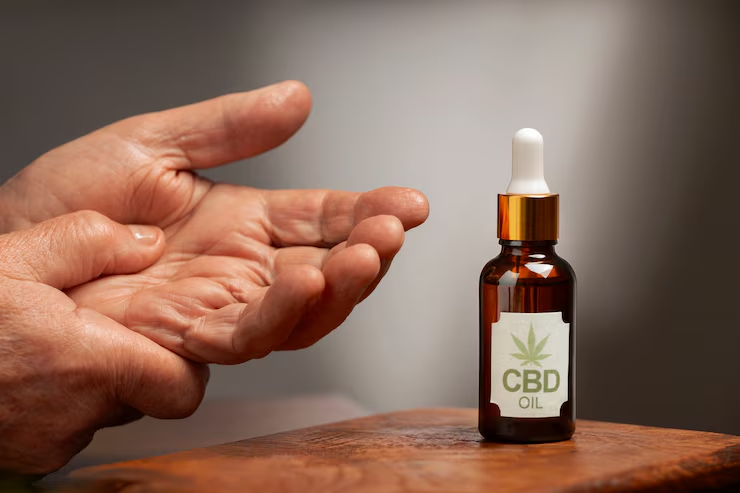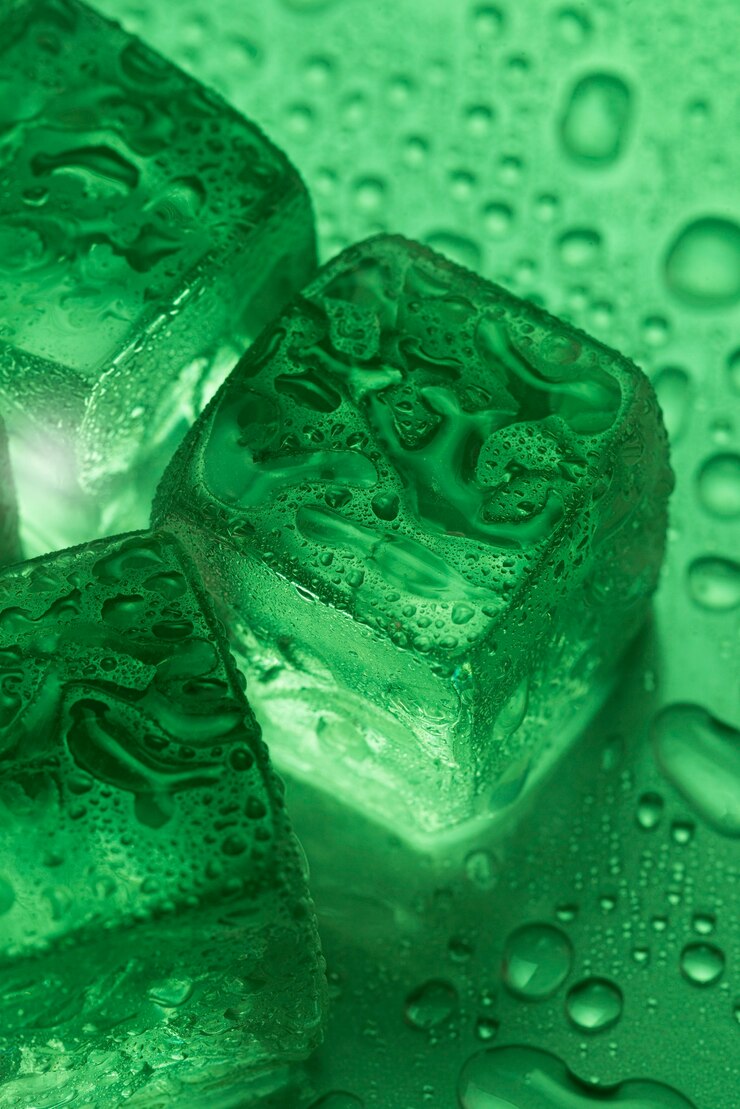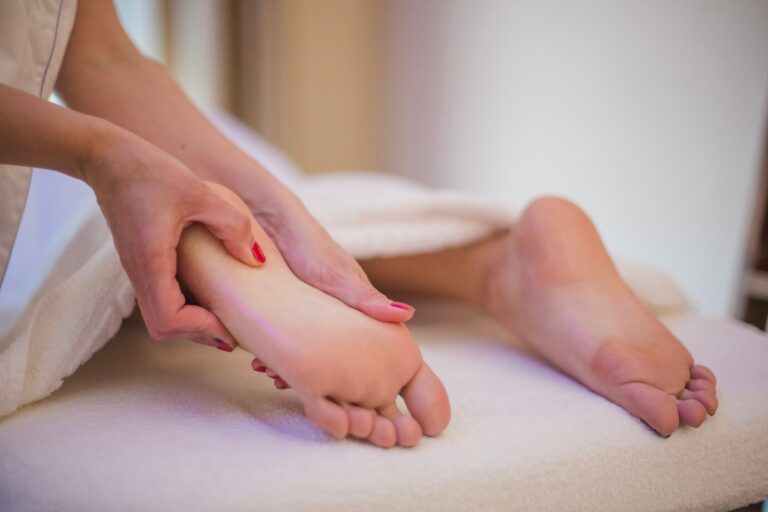CBD for Muscle Recovery After Exercise
Supercharge Your Recovery: Exploring the Benefits of CBD for Muscle Repair After Exercise
Pushing your body to its limits during exercise is rewarding, but the subsequent muscle soreness and stiffness can sometimes hinder your progress. Proper muscle recovery is crucial for muscle growth, preventing injuries, and ensuring you’re ready for your next workout. While traditional methods like rest, ice, compression, and elevation (RICE) are effective, many athletes and fitness enthusiasts are turning to natural alternatives to enhance their recovery. Among these, CBD for muscle recovery has gained significant traction.
This comprehensive guide delves into the potential of CBD for muscle recovery, exploring how it might help soothe those aching muscles, reduce inflammation, and get you back in the game faster. If you’re looking for a natural way to optimize your post-workout routine, keep reading to discover the potential benefits of CBD for muscle.
The Crucial Role of Muscle Recovery After Exercise
Whether you’re a seasoned athlete or just starting your fitness journey, muscle recovery is a non-negotiable part of any effective workout regimen. During exercise, especially intense or new activities, your muscle fibers experience microscopic tears. The body then works to repair these tears, leading to muscle growth and adaptation. However, this repair process can also result in:
- Delayed Onset Muscle Soreness (DOMS): The familiar ache and stiffness that typically sets in 24-72 hours after exercise.
- Inflammation: A natural response to muscle damage, but excessive inflammation can hinder recovery and cause discomfort.
- Reduced Performance: Sore and stiff muscles can limit your ability to perform subsequent workouts effectively.
Optimizing muscle recovery allows you to train more consistently, reduce the risk of injury, and ultimately achieve your fitness goals more efficiently. This is where the potential of CBD for muscle recovery becomes particularly interesting.
Understanding CBD and Its Potential Role in Muscle Recovery

Cannabidiol (CBD) is a naturally occurring compound found in the cannabis sativa plant, particularly in hemp. Unlike its psychoactive counterpart, tetrahydrocannabinol (THC), CBD is non-intoxicating, meaning it won’t make you feel “high.”
The human body has a complex network called the endocannabinoid system (ECS). This system plays a crucial role in regulating various physiological processes, including1 pain perception, inflammation, mood, and sleep2 – all of which are vital for effective muscle recovery. The ECS consists of endocannabinoids (naturally produced cannabinoids), receptors (CB1 and CB2), and enzymes that break down endocannabinoids.
Research suggests that CBD for muscle recovery may offer benefits by interacting with the ECS in several ways:
- Influencing Inflammation: CBD has shown promise in its potential to reduce inflammation by interacting with endocannabinoid receptors and other pathways involved in the inflammatory response. This could help alleviate post-exercise muscle soreness and stiffness.
- Pain Relief: CBD may help manage pain by interacting with receptors in the ECS that are involved in pain perception. This could provide relief from DOMS and other exercise-related discomfort.
- Improving Sleep: Quality sleep is essential for muscle repair and recovery. CBD may promote relaxation and reduce anxiety, potentially leading to improved sleep patterns, which can indirectly support muscle recovery.
Potential Benefits of Incorporating CBD for Muscle Recovery
The potential benefits of using CBD for muscle recovery are attracting a growing number of athletes and fitness enthusiasts. Here’s a closer look at what the research and anecdotal evidence suggest:
- Reduced Muscle Soreness: Many users report experiencing less intense muscle soreness after using CBD following workouts. This can help you feel more comfortable and ready for your next training session.
- Decreased Inflammation: By potentially mitigating post-exercise inflammation, CBD for muscle could contribute to a faster recovery process and reduce the feeling of stiffness.
- Improved Sleep Quality: As mentioned earlier, better sleep is crucial for muscle repair. CBD’s potential to promote relaxation and reduce anxiety can lead to more restful nights, aiding in the recovery process.
- Potentially Faster Recovery Times: By addressing pain, inflammation, and sleep, CBD for muscle may contribute to overall faster recovery times, allowing you to train more frequently and consistently.
Different Ways to Use CBD for Muscle Recovery
There are various ways to incorporate CBD for muscle recovery into your routine, each offering different benefits and absorption rates:
- CBD Topicals (Creams, Balms, and Lotions): Applied directly to sore muscles, topicals offer targeted relief. They are a popular choice for localized muscle soreness and stiffness.
- CBD Oils and Tinctures: Taken sublingually (under the tongue), oils and tinctures are absorbed relatively quickly into the bloodstream, offering more systemic effects that can help with overall inflammation and sleep.
- CBD Capsules and Edibles: These provide a convenient and discreet way to consume CBD. However, the effects may take longer to appear as they need to be digested.
- CBD Bath Bombs and Soaks: Combining the relaxing benefits of a warm bath with the potential anti-inflammatory properties of CBD can be a soothing way to aid muscle recovery.
The best method for you may depend on your preferences and the specific areas you’re targeting for recovery. Many individuals find a combination of topical and oral CBD products to be most effective for their CBD for muscle recovery needs.
Dosage and Timing Considerations for CBD and Muscle Recovery
Finding the optimal dosage of CBD for muscle recovery can vary depending on factors like your body weight, the intensity of your workout, and your individual tolerance. It’s generally recommended to start with a low dose and gradually increase it until you find what works best for3 you.
Regarding timing, many athletes and fitness enthusiasts find it beneficial to use CBD for muscle shortly after their workout to potentially address inflammation and pain early on. Others prefer to take it before bed to aid in sleep and overnight recovery. Experimenting with different timings may help you determine what works best for your body.
Choosing High-Quality CBD Products for Muscle Recovery
With the growing popularity of CBD for muscle recovery, it’s crucial to choose high-quality products from reputable sources. Look for the following when making your selection:
- Third-Party Lab Testing: Ensure the product has been tested by an independent lab to verify its CBD content and ensure it’s free from harmful contaminants like heavy metals, pesticides, and molds. Look for a Certificate of Analysis (COA).
- Source of Hemp: Opt for products made from organically grown hemp to minimize the risk of exposure to unwanted chemicals.
- Extraction Method: CO2 extraction is often considered a clean and efficient method for extracting CBD.
- Full-Spectrum, Broad-Spectrum, or CBD Isolate:
- Full-spectrum products contain all the naturally occurring compounds in the hemp plant, including trace amounts of THC (below the legal limit of 0.3%). These compounds can work synergistically, potentially enhancing the benefits (the “entourage effect”).
- Broad-spectrum products contain most of these compounds but have had the THC removed.
- CBD isolate contains only pure CBD. Consider experimenting with different types to see which provides the best results for your CBD for muscle recovery.
The Current State of Research on CBD and Muscle Recovery
While anecdotal evidence and preliminary studies suggest the potential benefits of CBD for muscle recovery, more robust human clinical trials are needed to fully understand its efficacy and long-term effects in this specific area. However, ongoing research is exploring the role of CBD in exercise recovery, and the findings are encouraging.
Combining CBD with Other Muscle Recovery Methods
It’s important to remember that CBD for muscle recovery is often most effective when used in conjunction with other established recovery methods. These include:
- Proper Hydration: Replenishing fluids lost during exercise is crucial.
- Nutrient-Rich Diet: Providing your body with the building blocks it needs for muscle repair.
- Active Recovery: Light activity like walking or stretching can help improve blood flow and reduce stiffness.
- Rest and Sleep: Allowing your body adequate time to repair and rebuild muscle tissue.
Conclusion: Enhancing Your Post-Workout Routine with CBD for Muscle
CBD for muscle recovery presents a promising natural approach to supporting your body after intense exercise. Its potential to reduce inflammation, alleviate pain, and improve sleep can contribute to faster and more effective muscle repair, ultimately helping you reach your fitness goals more efficiently.
While research is ongoing, the growing popularity of CBD for muscle recovery speaks to the positive experiences many individuals are having. By choosing high-quality products, starting with a low dose, and listening to your body, you can explore whether CBD for muscle can become a valuable addition to your post-workout recovery strategy. Remember to consult with your healthcare professional before starting any new supplement regimen.
Frequently Asked Questions (FAQs) about CBD for Muscle Recovery:
1. Will CBD completely eliminate muscle soreness after exercise?
While CBD for muscle recovery may help reduce muscle soreness, it’s unlikely to eliminate it entirely, especially after very intense workouts. DOMS is a natural physiological response to muscle damage. However, CBD may help lessen the intensity and duration of the soreness, making your recovery period more comfortable.
2. How long does it take for CBD to work for muscle recovery?
The time it takes to experience the effects of CBD for muscle recovery can vary depending on the consumption method. Topicals may provide localized relief relatively quickly, while oils and tinctures taken sublingually may take 15-30 minutes. Edibles and capsules will take longer as they need to be digested. Consistency is often key to experiencing the full benefits.
3. Are there any risks or side effects associated with using CBD for muscle recovery?
CBD for muscle recovery is generally considered safe, but some individuals may experience mild side effects like fatigue, diarrhea, or changes in appetite. It’s important to start with a low dose and monitor your body’s response. If you have any underlying health conditions or are taking other medications, consult with4 your doctor before using CBD.
4. Can I use any CBD product for muscle recovery?
While any quality CBD product could potentially offer some benefits, certain types may be more suitable for muscle recovery. Topicals are ideal for targeted relief of sore muscles, while oils and tinctures can provide more systemic effects that may aid with overall inflammation and sleep. Consider your specific needs and preferences when choosing a CBD for muscle recovery product.







